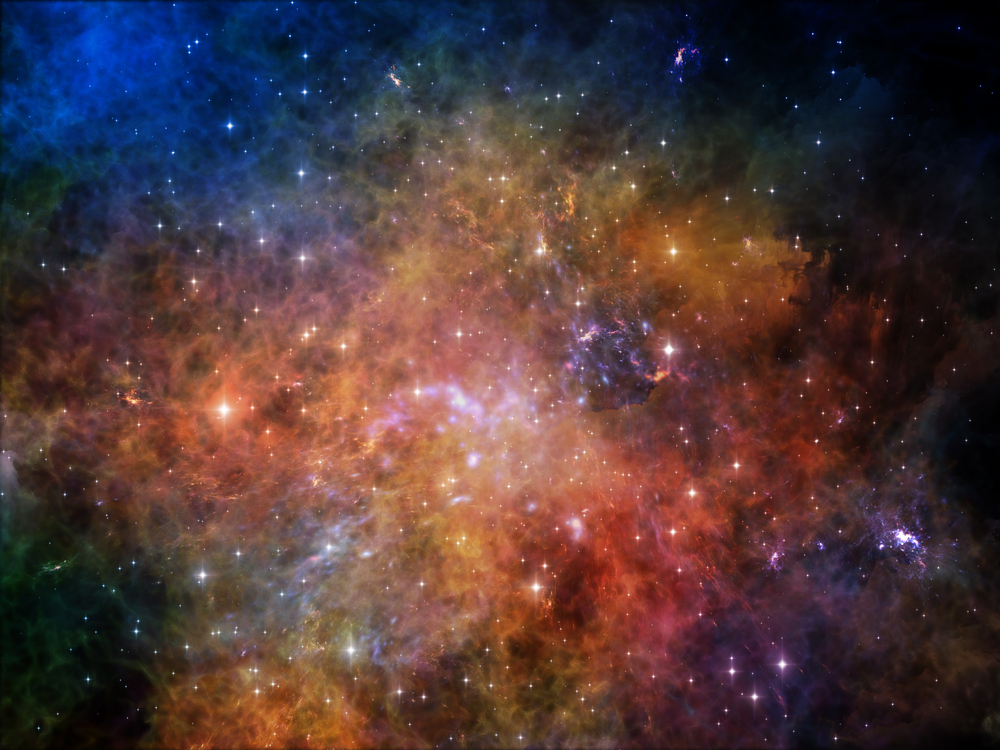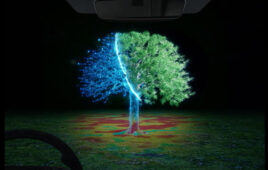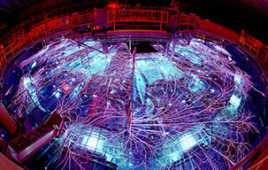
A new theory on the speed of light could invalidate one of Albert Einstein’s most famous theories. (Credit: Shutterstock)
Scientists believe they can prove that the speed of light is variable, which would invalidate one of Albert Einstein’s most famous theories.
Einstein observed that the speed of light remains the same in any situation, meaning that space and time could be different in different situations, but researchers at the Imperial College London suggest they can test a new prediction that the speed of light is variable.
Professor João Magueijo from Imperial College London, working with Niayesh Afshordi, Ph.D., at the Perimeter Institute in Canada, say they can test the theory that the speed of light could have been much higher in the early universe.
“The theory, which we first proposed in the late-1990s, has now reached a maturity point—it has produced a testable prediction,” Magueijo said in a statement. “If observations in the near future do find this number to be accurate, it could lead to a modification of Einstein’s theory of gravity.
“The idea that the speed of light could be variable was radical when first proposed but with a numerical prediction, it becomes something physicists can actually test. If true, it would mean that the laws of nature were not always the same as they are today.”
Structures in the universe, like galaxies, are formed from fluctuations in the early universe—minute differences in density in certain regions. A record of the early fluctuations is imprinted in the cosmic microwave background—a map of the oldest light in the universe—in the form of a “spectral index.”
Researchers suggest the fluctuations were influenced by a varying speed of light in the early universe and they have now used a model to put an exact figure on the spectral index of 0.96478, which is close to the current estimate of readings of the cosmic microwave background of 0.968 with some margin of error.
This new theory could play a role in models of what happened in the very early universe, seconds after the Big Bang. The prediction could be tested further once cosmologists get even more precise readings of the figure.
While the latest theory can be tested, another popular theory in which the early universe went through an extremely rapid expansion phase that eventually slowed, cannot be tested further.
Physicists have attempted to develop theories necessary to overcome the horizon problem—in which the universe as we see it today appears to be everywhere broadly the same.
This would only be true if all regions of the universe were able to influence each other, but if the speed of light has always been the same, then not enough time has passed for light to have traveled to the edge of the universe and even out the energy.
However, if the varying speed of light theory is proven, then the speed of light was much higher in the early universe, allowing the distant edges to be connected as the universe expanded.
The speed of light would have then dropped as the density of the universe changed.
The study, which was published in Physical Review D, can be viewed here.




